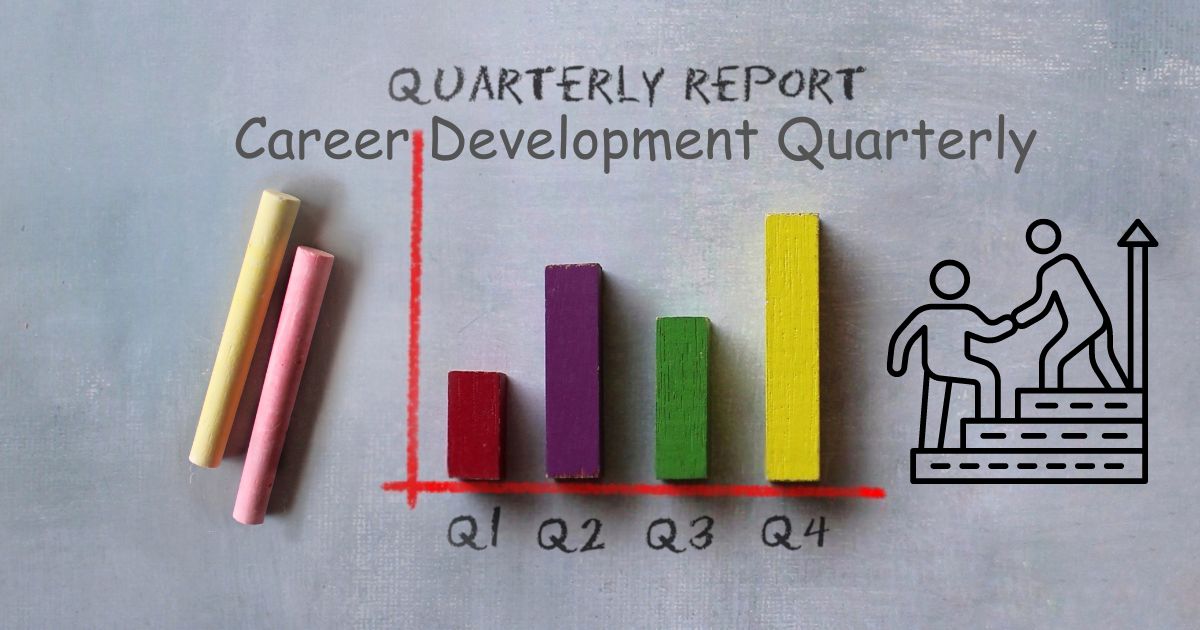Introduction:
Career Development Theories: Understanding Your Path to Success
Career development theories play a pivotal part in helping individualities navigate their career paths. These theories give perceptivity into how people choose careers, develop in their professions, and achieve job satisfaction. Understanding these theories can significantly impact one’s career planning and development. This composition will claw into colourful career development theories, their importance, and how they can guide your professional journey.
What are Career Development Theories?
Career development theories are frameworks that explain how people make career alternatives, progress in their careers, and acquire career delight. These theories are vital for profession counsellors, HR professionals, and individuals seeking to understand their career paths higher.
Importance of Career Development Theories
Career development theories help individuals:
Understand their career interests and strengths.
Make informed career choices.
Set realistic career goals.
Develop abilties and talents required for profession advancement.
Achieve job pride and achievement.
Key Career Development Theories
Holland’s Theory of Career Choice:
Holland’s Theory of Career Choice, additionally referred to as the RIASEC version, is one of the most substantially honored career development propositions. It categorizes humans into six persona sorts Realistic, Investigative, Cultural, Social, Enterprising, and Conventional(RIASEC). According to this principle, people are much more likely to thrive in careers that healthy their character types.
Holland’s Six Personality Types
Realistic ®: Practical, hands-on, and prefer working with tools and machinery.
Investigative (I): Analytical, intellectual, and enjoy research and problem-solving.
Artistic (A): Creative, innovative, and prefer expressive and unstructured activities.
Social (S): Helpful, empathetic, and revel in working with human beings.
Enterprising (E): Persuasive, active, and thrive in leadership and sales roles.
Conventional (C): Detail-oriented, prepared, and like established duties and facts management.
Super’s Life-Span, Life-Space Theory
Super’s Life-Span, Life-Space Theory emphasizes that profession improvement is a lifelong technique motivated through one of a kind existence roles and levels. This idea outlines five existence ranges: Growth, Exploration, Establishment, Maintenance, and Decline.
Super’s Five Life Stages:
Growth (Birth-14 years): Developing self-concept and understanding the world of work.
Exploration (15–24 years): Exploring career options via education and early working reports.
Establishment (25-forty four years): Settling into a career, advancing talents, and achieving career goals.
Maintenance (45–64 years): Maintaining career achievements and preparing for retirement.
Decline (65+ years): Reducing work involvement and transitioning to retirement.
Krumboltz’s Social Learning Theory
Krumboltz’s Social Learning Theory of Career Decision-Making highlights the impact of mastering stories on career choices. This theory shows that people’s career selections are encouraged with the aid of:
Genetic endowments and special abilities.
Environmental conditions and events.
Learning experiences.
Task approach skills.
Gottfredson’s Theory of Circumscription and Compromise
Gottfredson’s Theory of Circumscription and Compromise makes a speciality of how individuals’ profession aspirations are fashioned via their self-idea. The concept explains that career selections are encouraged with the aid of four tiers:
Orientation to Size and Power (3-5 years): Recognizing different occupations and their importance.
Orientation to Sex Roles (6-8 years): Understanding gender roles in occupations.
Orientation to Social Valuation (9–13 years): Recognizing social status and prestige of various occupations.
Orientation to Internal, Unique Self (14+ years): Developing a personal identity and making career choices based on interests and values.
Lent, Brown, and Hackett’s Social Cognitive Career Theory (SCCT)
SCCT focuses on the interplay of personal attributes, external environmental factors, and behaviour in shaping a career development plan . The theory emphasizes self-efficacy, outcome expectations, goals decision-making processes.
Applying Career Development Theories
Understanding these career development theories can help individualities make further informed decisions about their career paths. Then are some practical applications
Self-Assessment and Reflection
Identify your interests and strengths Use Holland’s RIASEC model to discover your personality type and suitable careers.
Reflect on your career stages consider where you’re in Super’s life stages and set applicable career pretensions.
Estimate your learning experiences Apply Krumboltz’s theory to assess how your history experiences impact your career choices.
Career Planning and Goal Setting
Set realistic career goals: Use Super’s theory to set short-term and long-term career goals based on your life stage.
Consider your self-concept: Apply Gottfredson’s theory to align your career choices with your personal values and interests.
Build self-efficacy: Use SCCT to enhance your confidence in your abilities and set achievable career goals.
Seeking Professional Guidance
Career counseling: Work with a career counselor to apply these theories and develop an instantiated career plan.
Mentorship Seek mentors who can provide perceptivity and guidance predicated on their experiences.
Training and development engage in nonstop learning to enhance your skills and stay competitive in your field.
FAQs on Career Development Theories
What are Career improvement theories?
Career development theories are frameworks that specify how individuals pick, expand, and gain pleasure in their careers. They help people apprehend their career paths and make informed selections.
Why are career development theories critical?
These theories are essential due to the fact they offer insights into career decision-making procedures, assist people set sensible profession desires, and manual them in accomplishing career satisfaction.
How can Holland’s Theory of Career Choice help me in my career?
Holland’s concept allow you to discover your character kind and suit it with appropriate careers, growing your chances of activity pleasure and fulfilment.
What is Super’s Life-Span, Life-Space Theory?
Super’s idea emphasizes that profession development is a lifelong process, stimulated by means of exclusive existence levels and roles. It enables individuals to recognize their career development through the years and set appropriate dreams.
How does Krumboltz’s Social Learning Theory impact career choices?
Krumboltz’s principle highlights the position of learning stories to career choice-making. It suggests that genetic endowments, environmental situations, getting to know experiences, and assignment method talents have an effect on profession picks.
What is Gottfredson’s Theory of Circumscription and Compromise?
Gottfredson’s principle explains how individuals’ profession aspirations are formed by using their self-idea and undergo 4 tiers: orientation to length and strength, intercourse roles, social valuation, and inner particular self.
How can I apply those career development theories to my career making plans?
You can practice those theories via conducting self-tests, reflecting on your profession ranges, setting sensible desires, constructing self-efficacy, seeking profession.
Conclusion
Career development theories give precious perceptivity into how individualities choose and progress in their careers. By understanding and applying these theories, you can make informed career choices, set realistic pretensions, and achieve job satisfaction. Whether you’re just starting your career or looking to make a change, these theories can guide you on your path to success.




